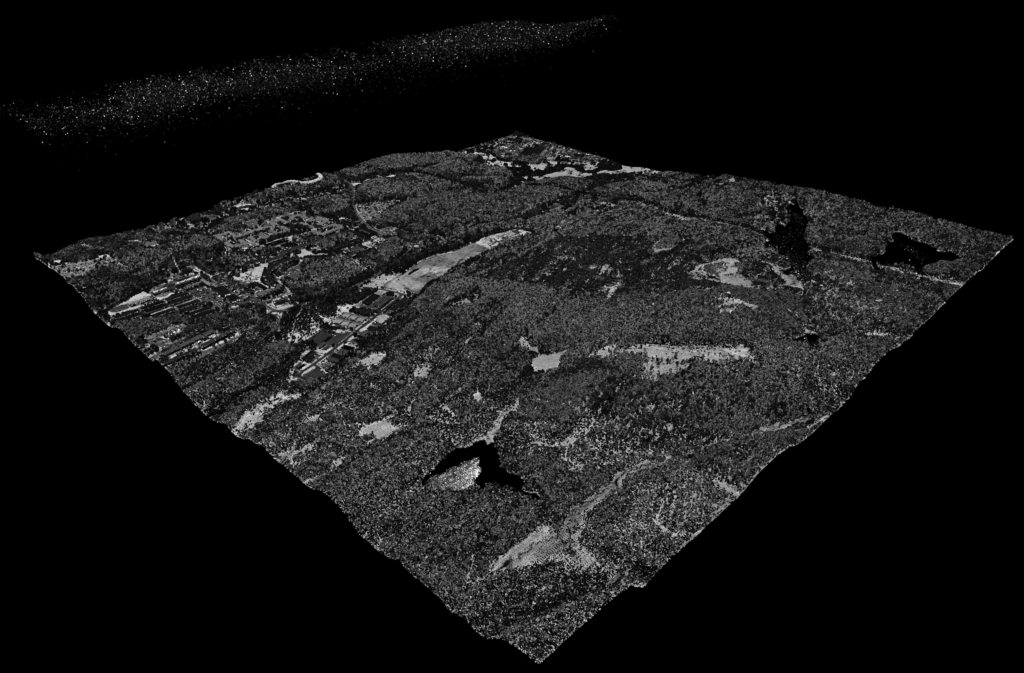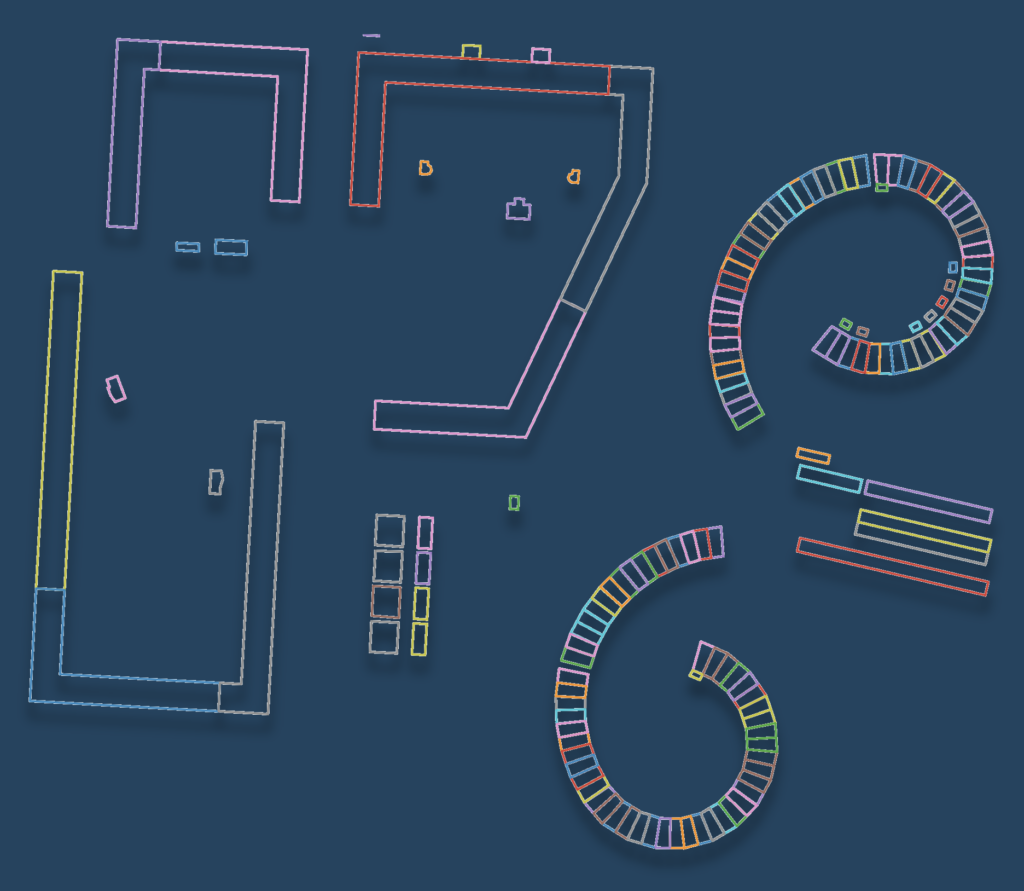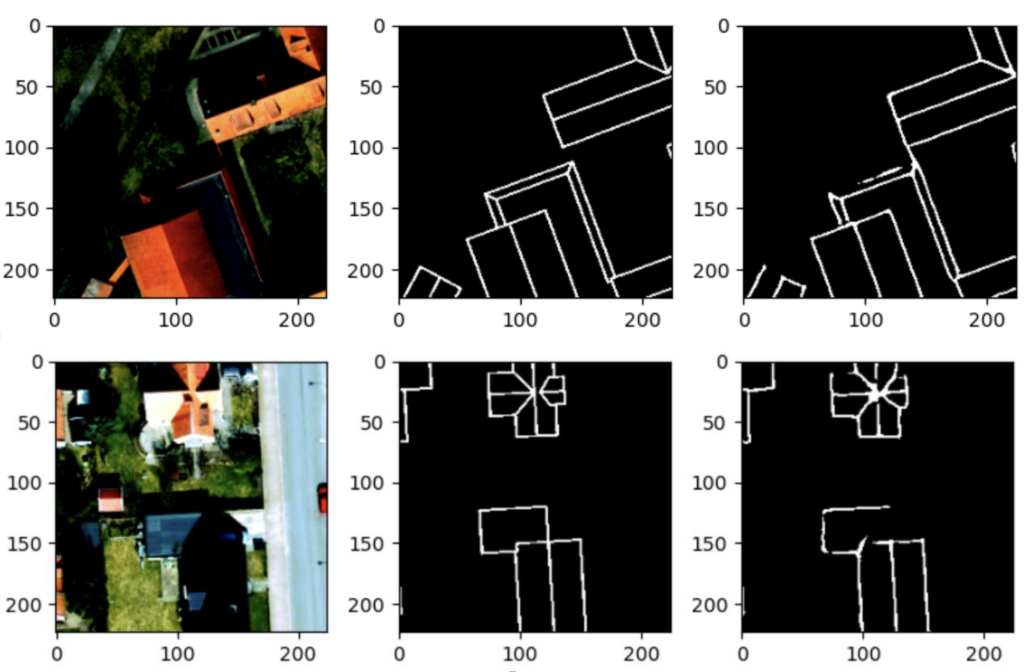The Division of Applied Mathematics and Statistics at the Department of Mathematical Sciences at Chalmers are recruiting a doctoral student. The deadline is February 25 2022. See full advertisement for details.
The selected student is free to choose their own subject of interest and one exciting opportunity is to work with us at the Digital Twin Cities Centre on High-Performance High-Quality Automated Mesh Generation for Large-Scale City Modeling and Simulation.

Cities are the largest and most complex human artifacts and set the physical frames for an increasingly large majority of the world’s population. For centuries, cities have recognized the importance of collecting and coordinating geospatial data to better plan, administer and coordinate city life. This activity has accelerated in recent years as a consequence of the ongoing digitalization of our society. This generates a high demand for detailed, accurate and timely geometric representations of both single buildings and entire cities. Such representations enable the creation of digital twins, virtual models used for detailed analysis and simulation to support informed decision-making, design and planning, as well as efficient construction, smart building maintenance and city governance.
A fundamental step in the creation of a digital twin of a city is the generation of an accurate and up-to-date 3D city model, including the shapes of buildings (facades, roofs), roads, and landscape topography. Data may be collected by standard scanning techniques such as LiDAR (Light Detection and Ranging). LiDAR scanning from an airplane or a handheld device generates a point cloud which is essentially a 3D point set.

In the proposed project, we will develop and analyze novel high-performance techniques for generating high-quality 3D city models and meshes from point cloud data. The project will combine techniques from both computational geometry and deep learning for reconstruction of high-quality geometric parametrizations of buildings and cities from high-density point clouds.


The work will be carried out in close collaboration with researchers and partners at the Digital Twin Cities Centre hosted at Chalmers. The methods and data developed as part of the project will be made available as open-source code and open data and support a wide range of ongoing research and development activities at the centre.
